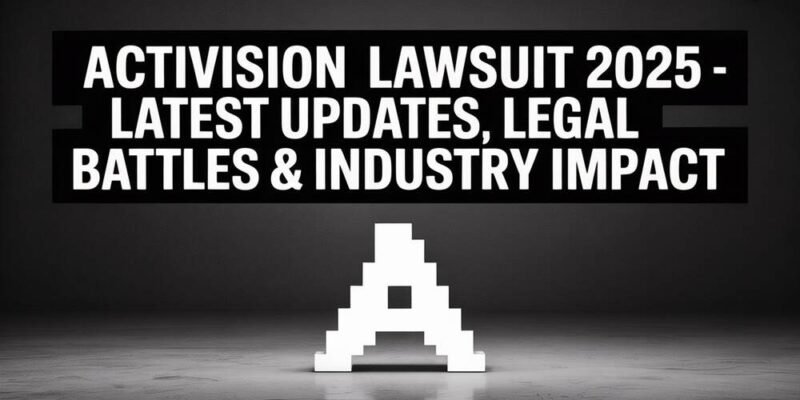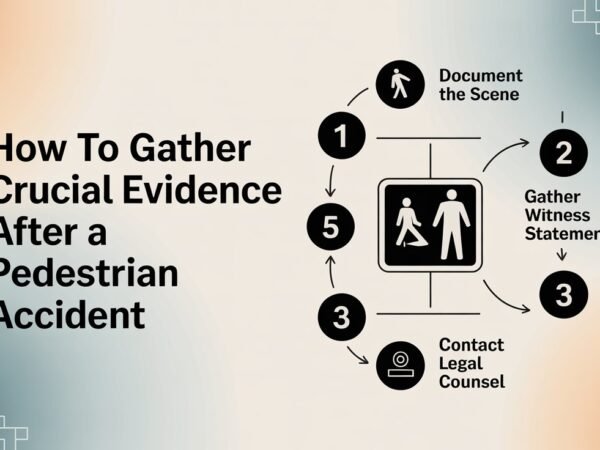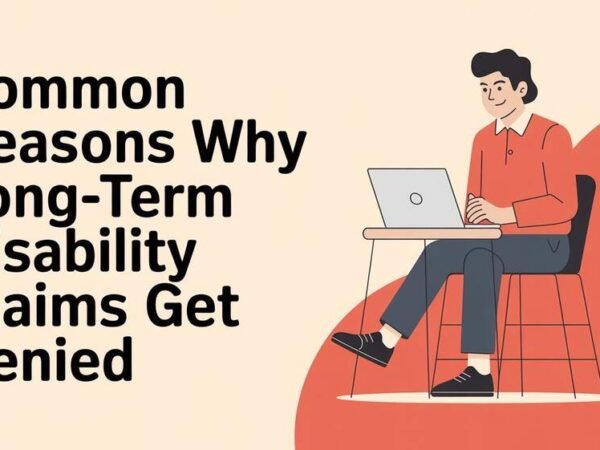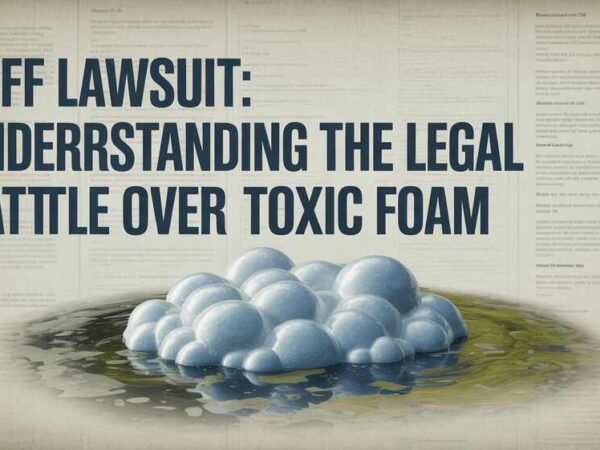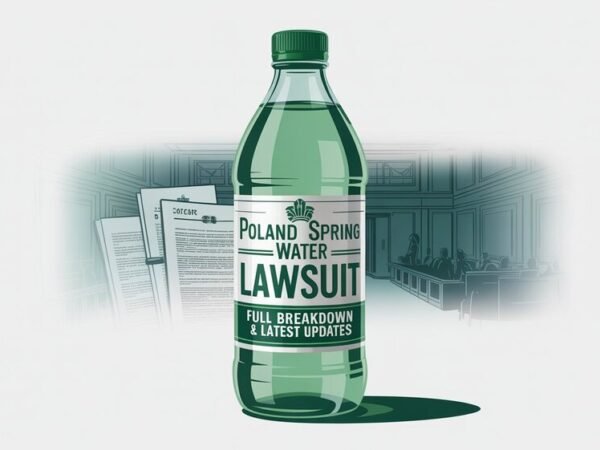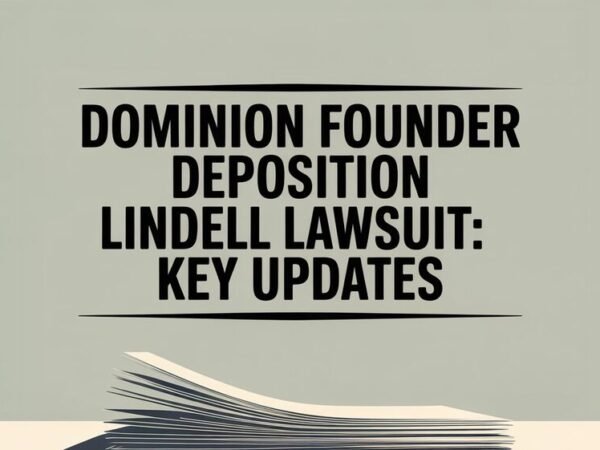Introduction
The gaming world is once again at the center of a heated legal firestorm as Activision Blizzard faces a surge of new lawsuits in 2025. Known for its blockbuster franchises such as Call of Duty and World of Warcraft, Activision is no stranger to controversy. However, the current legal challenges represent a dramatic escalation in both volume and substance. The focus has shifted from internal workplace issues to far-reaching accusations of consumer harm and the addictive nature of game design. With Microsoft now at the helm following its acquisition of Activision Blizzard, the stakes are higher than ever. This article explores the latest developments in the Activision lawsuit, examining the legal complexities, industry implications, and potential future consequences for game developers and players alike.
Background of Activision’s Legal Challenges
Activision Blizzard has been embroiled in legal disputes for over a decade. The company was previously under scrutiny for workplace harassment and gender discrimination, leading to multi-million-dollar settlements and a damaged reputation. In 2021, a lawsuit filed by California’s Department of Fair Employment and Housing rocked the gaming industry and triggered mass employee walkouts. By 2023, Microsoft had finalized its $69 billion acquisition of Activision, securing regulatory approval from the FTC and EU despite significant antitrust resistance. As the dust from those issues settled, a new wave of lawsuits began to emerge—this time focusing on consumer protection, psychological manipulation, and gaming addiction.
June 2025 Lawsuit Developments
In June 2025, several high-profile product liability lawsuits were filed against Activision, specifically targeting its Call of Duty franchise. Plaintiffs allege that the company employs psychologically manipulative game design techniques to foster addiction, especially among teenagers and young adults. These lawsuits argue that mechanics such as loot boxes, timed rewards, and in-game currency can create compulsive behavior patterns similar to those of gambling. Courts in states such as Arkansas, Illinois, and California have begun issuing rulings, many of which direct cases to arbitration based on Activision’s terms of service agreements. However, consumer advocacy groups are pushing for federal intervention, arguing that such clauses unfairly protect corporations from accountability.
Key Allegations Against Activision
The lawsuits present a range of serious allegations. Central to the argument is that Activision intentionally designs its games to be psychologically manipulative. Loot boxes—virtual items that offer random rewards—are likened to slot machines, triggering dopamine responses in users. Critics argue that the progression loops and variable reward systems are hazardous for younger users, whose impulse control is still developing. Additionally, Activision is accused of failing to implement adequate parental controls or age-verification mechanisms, effectively exposing minors to exploitative game design. Medical reports included in some filings cite increased cases of anxiety, depression, and aggressive behavior linked to extended gameplay.
Legal Process and Current Case Status
The legal framework surrounding these lawsuits is complex and intricate. Many of the claims are being funneled into arbitration due to clauses in the user agreements players accept when installing or updating the game. Arbitration, often viewed as more favorable to corporations, limits plaintiffs’ ability to pursue class-action suits and obtain jury trials. Despite this hurdle, several legal teams are attempting to challenge the enforceability of these clauses, citing unconscionability and lack of informed consent. Jurisdictions like Arkansas and California have seen the most activity, with multiple motions pending in federal court. Some law firms are also exploring multi-district litigation (MDL) to consolidate similar claims for efficiency and broader impact.
Role of Microsoft Post-Acquisition
Microsoft’s 2023 acquisition of Activision Blizzard has added another layer of complexity to the legal proceedings. While Microsoft is not directly named in most lawsuits, its strategies and business practices are increasingly under scrutiny. For example, the bundling of games under the Xbox Game Pass subscription model and the promotion of free-to-play mechanics are being cited as aggravating factors that contribute to compulsive gameplay. Moreover, plaintiffs argue that Microsoft has the financial and technological capacity to implement ethical design changes but has failed to do so. Regulatory bodies, such as the FTC and the EU Commission, have acknowledged these concerns but have yet to launch formal investigations.
Public and Industry Reaction
The public response to the Activision lawsuit has been polarizing. Parents and advocacy groups have praised the legal action as a necessary step toward corporate accountability. They argue that unchecked game design practices are harming children and normalizing addictive behavior. On the other hand, portions of the gaming community and some industry analysts warn that overregulation could stifle creativity and innovation. Within the gaming industry, there is a growing awareness that the outcome of these lawsuits could set powerful precedents. Several developers have already begun revising their in-game monetization strategies to preempt similar legal challenges.
Impact on Game Development and User Experience
Regardless of the final legal outcome, the lawsuits have triggered introspection within the gaming industry. Developers are now increasingly cautious about using monetization strategies like loot boxes, pay-to-win mechanics, and timed rewards. Some have begun incorporating ethical design frameworks focused on user well-being and transparency. There is also a push for improved age verification systems and more robust parental controls. These changes, while potentially costly, may help rebuild consumer trust and ensure regulatory compliance. As a result, the user experience in future games may shift toward a more balanced and ethical model, potentially ushering in a new era of responsible game development.
SEO Keywords and Content Targeting Tips
For those seeking to write content that ranks well in search engines, incorporating the right keywords is crucial. Some high-traffic and relevant SEO keywords for this topic include:
- Activision lawsuit update 2025
- Call of Duty addiction lawsuit
- Gaming industry legal news June 2025
- Activision Blizzard arbitration cases
- Video Game Lawsuits 2025
Using these keywords naturally throughout your article, especially in headings, meta descriptions, and the first 100 words, can significantly boost search engine visibility.
Conclusion
The 2025 Activision lawsuit marks a pivotal moment in the intersection of gaming, law, and consumer rights. As courts navigate the balance between innovation and protection, the outcome will likely shape industry practices for years to come. With lawsuits still unfolding and arbitration rulings pending, stakeholders across the board—from developers to regulators to parents—are watching closely. Whether this legal battle results in major reforms or reinforces existing norms, one thing is clear: the gaming industry is under the microscope like never before.
Do Read: Poland Spring Water Lawsuit – Full Breakdown & Latest Updates


